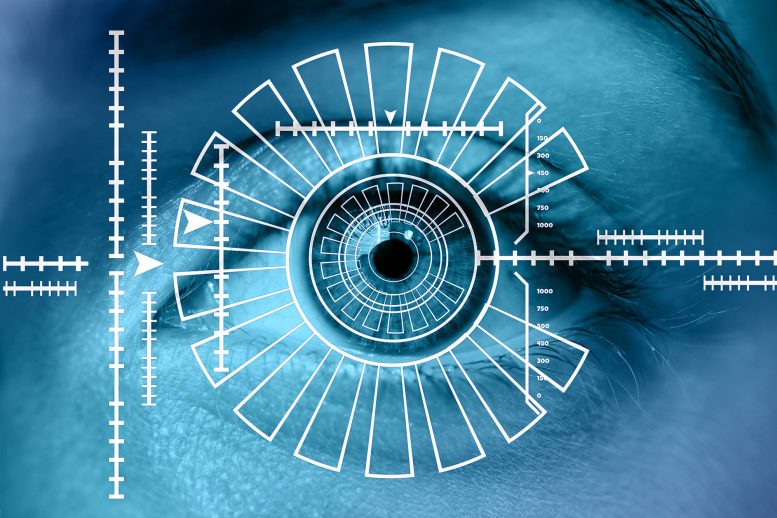
According to a new study, super-recognizers spread their gaze more evenly than average observers.
A face is never forgotten by super-recognizers. They can see their childhood acquaintance in the rearview mirror and immediately recognize them. They help police departments and security organizations in identifying suspects. They are also effective as both private and unofficial investigators.
But as fascinating as their superpower is, it remains poorly understood. Until now, scientists have believed super-recognizers were so good with faces because they processed them holistically by taking a facial snapshot and memorizing it.
Researchers from the University of New South Wales and the University of Wollongong (UOW) challenged this theory in a paper published in the journal Psychological Science that demonstrated that super-recognizers—who account for about 2% of society—look at faces in the same way as everyone else but do so more quickly and accurately.
How does this happen?
Dr. James Dunn, a researcher at UNSW and the study’s principal author, says that when super-recognizers get a glimpse of a new face, their brains separate it into parts and then store these parts as composite images.
“They are still able to recognize faces better than others even when they can only see smaller regions at a time. This suggests that they can piece together an overall impression from smaller chunks, rather than from a holistic impression taken in a single glance,” Dunn said.
Dr. Sebastien Miellet, co-lead author of the study and a researcher at the UOW who specializes in active vision, utilized eye-tracking technology to examine how super-recognizers scan and process faces and their parts.
“With much precision, we can see not only where people look but also which bits of visual information they use,” Miellet said.
When studying super-recognizers’ visual processing patterns, Dunn and Miellet realized that contrary to typical recognizers, super-recognizers focused less on the eye region and distributed their gaze more evenly than typical viewers, extracting information from other facial features, particularly when learning faces.
“So the advantage of super-recognizers is their ability to pick up highly distinctive visual information and put all the pieces of a face together like a puzzle, quickly and accurately,” Miellet said.
UNSW and UOW researchers will continue to study the super-recognizer population.
Miellet believes that one hypothesis is that super-recognizers’ superpowers may stem from a particular curiosity and behavioral interest in other people. Potentially, super-recognizers may also be more empathetic than most of us.
“In the next stages of our study, we’ll equip some super-recognizers and typical viewers with a portable eye tracker and release them onto the streets to observe, not in the lab but in real life, how they interact with the world,” Miellet said.
Reference: “Face information sampling in super-recognizers” by James Daniel Dunn, Victor Perrone de Lima Varela, Victoria Ida Nicholls, Michael Papinutto, David White and Sebastien Miellet, 31 August 2022, Psychological Science.
DOI: 10.1177/09567976221096320